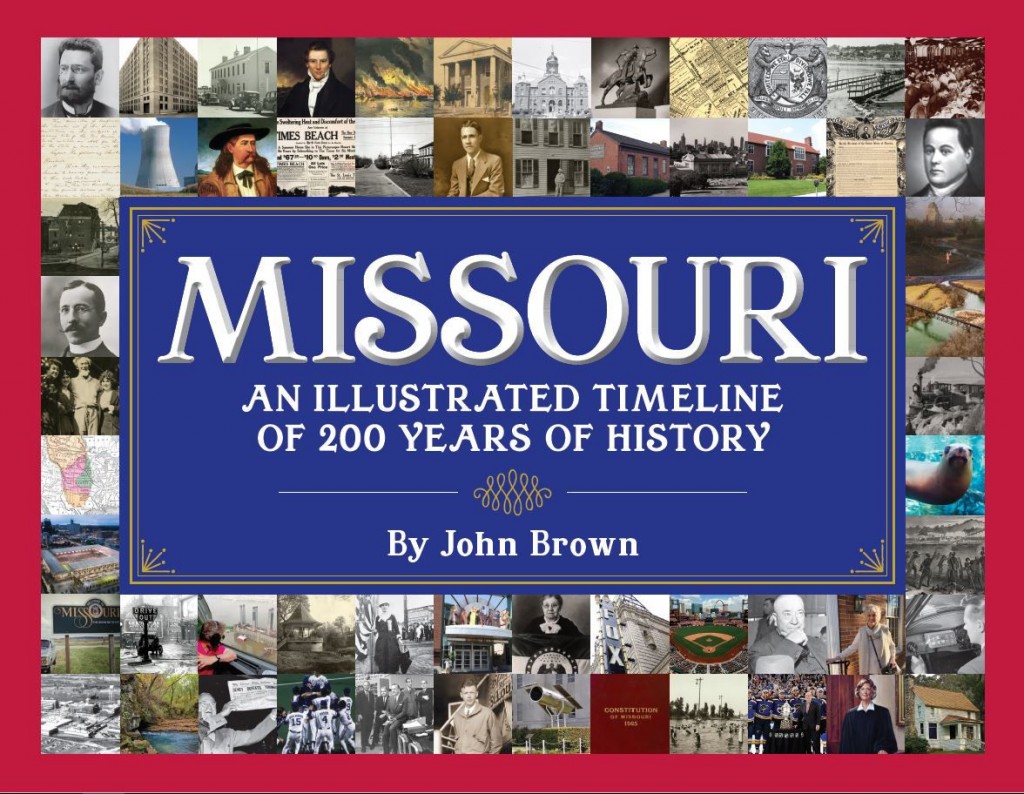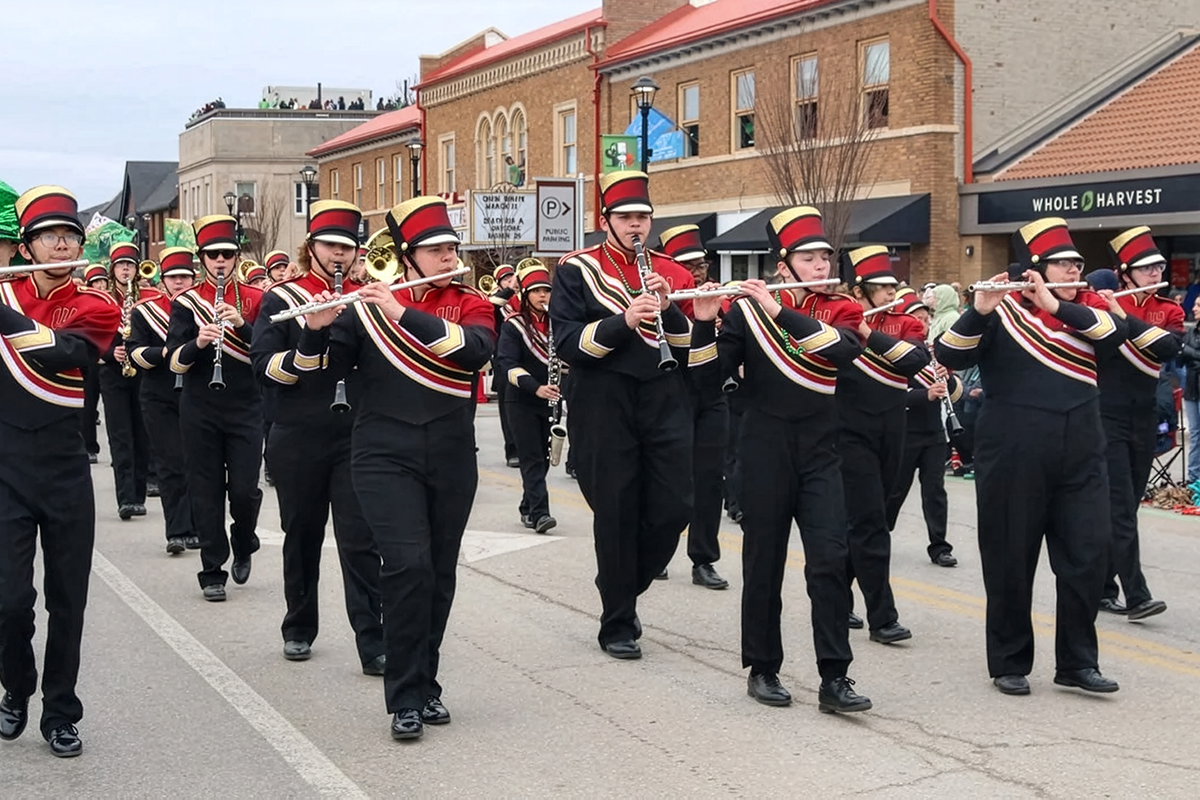This is an interesting time in our world’s history, to say the least, and to many, it feels like some events are repeating themselves. That’s how it feels to John Brown, who anchors political coverage for the Fox TV station in St. Louis and who recently authored a new local history book, Missouri: An Illustrated Timeline.
Timed to the Show-Me State’s bicentennial next year, the book has been a hit—it’s already in its second printing just three months after its release. “Until we learn to get it right, we’re going to keep reliving these issues, and in Missouri, right here, we seem to be a tipping point for a lot of these things,” Brown says.
What made you want to write this book?
As we started getting closer to [Missouri’s] bicentennial, my publisher said, “Hey, let’s put together a timeline format using a lot of the famous people you’ve written about and then just target the big moments in Missouri history.” I reached out to more than a hundred historians who are experts in the field to say, “OK, what did we get right in this and what did we get wrong?” Their input made it really cool because we got the big moments. The process of getting the images that matched the graphics was way harder than we realized because some of the images in here have been in the archives for years and nobody’s seen them.
How do you see history coming to life in the current political climate?
It’s like we keep reliving this history in Missouri. We had the Kansas City race riots, which I wrote about, and we had a situation in Ferguson, which I wrote about. As I say time and time again whenever I do the political shows, whenever I talk to groups about history: Until we learn to get it right, we’re going to keep reliving these issues, and Missouri, right here, we seem to be a tipping point for a lot of these things. And so, sadly, that is part of our history, but it’s also something that I think everybody else can learn from.
Do you have a favorite historical site?
One of the most interesting stories is, I think, how Jefferson City came about because we’re the only state in the country that actually invented a city to be the seat of government. No other state has that. We didn’t want the power to be in St. Louis, so they said, “We’re going to pick an area out in rural Missouri, the middle of nowhere, where it’s equidistant from everywhere. And we’re going to start a town there.” And that’s how Jefferson City came about. There were only a few dozen people living in that area.
If you could go back to any day in Missouri’s history, what day would you choose?
The era just before we became a state. I would like to go back because of the foresight of the people who put together our state. I say that because when they were putting together the state and realizing they wanted to put Jefferson City in mid-Missouri, they didn’t want so much power to be centralized in St. Louis—heck, they didn’t even want it to be the interim capital. They moved to St. Charles even though we were the capital of the Louisiana Territory. And so I want to go back and say, “What did you guys see that you thought was so important that you didn’t want St. Louis to be the capital?”






